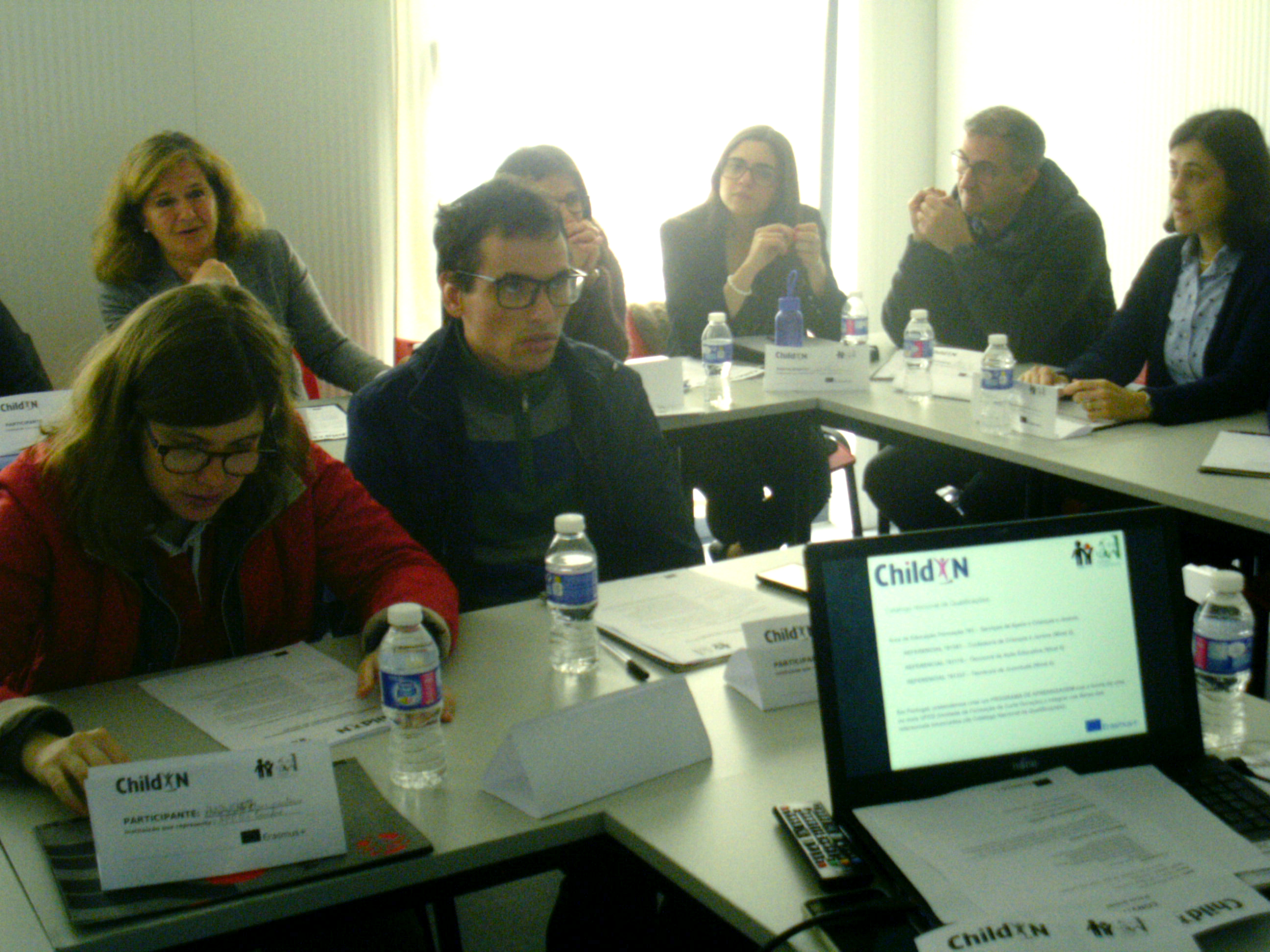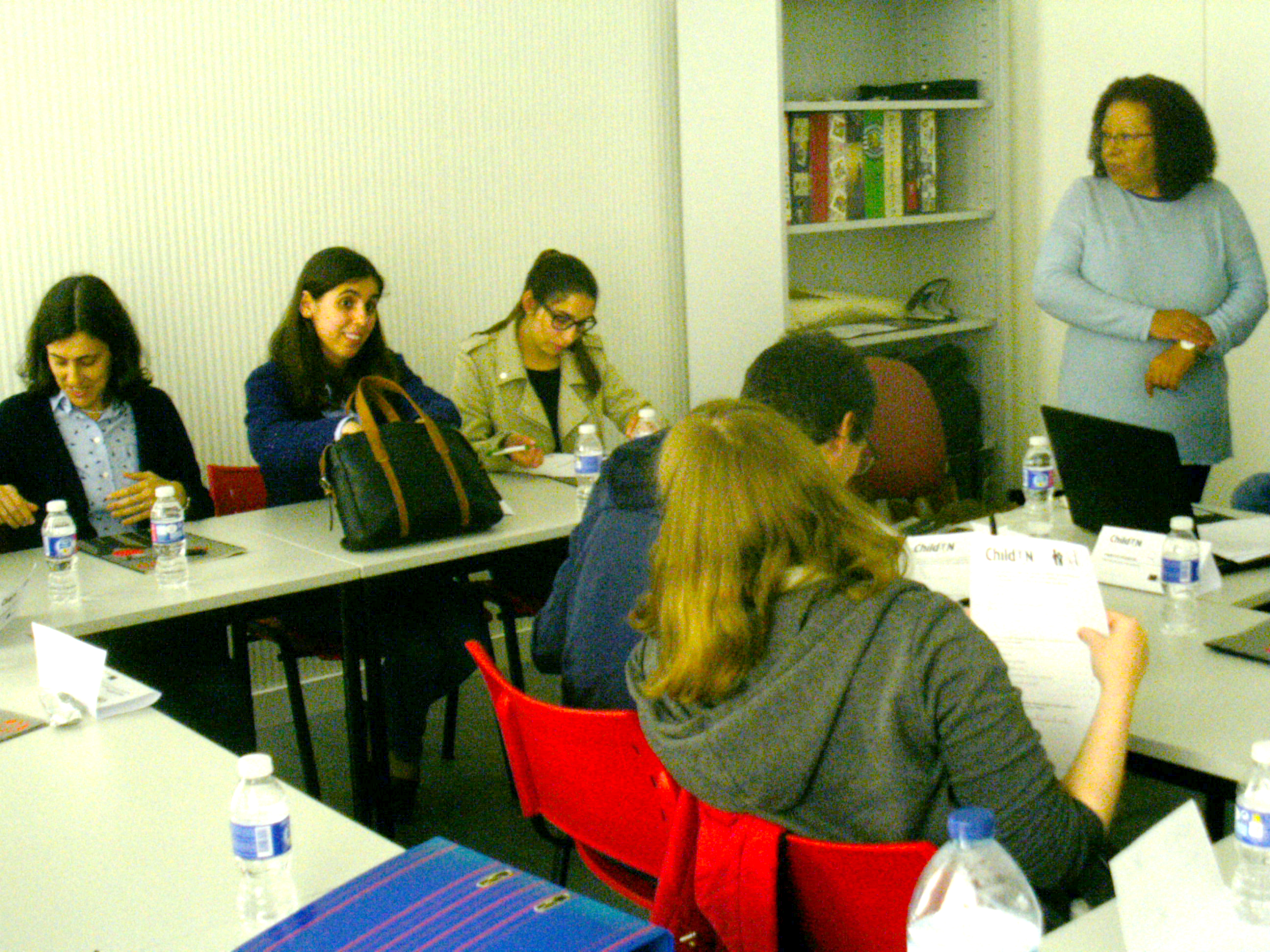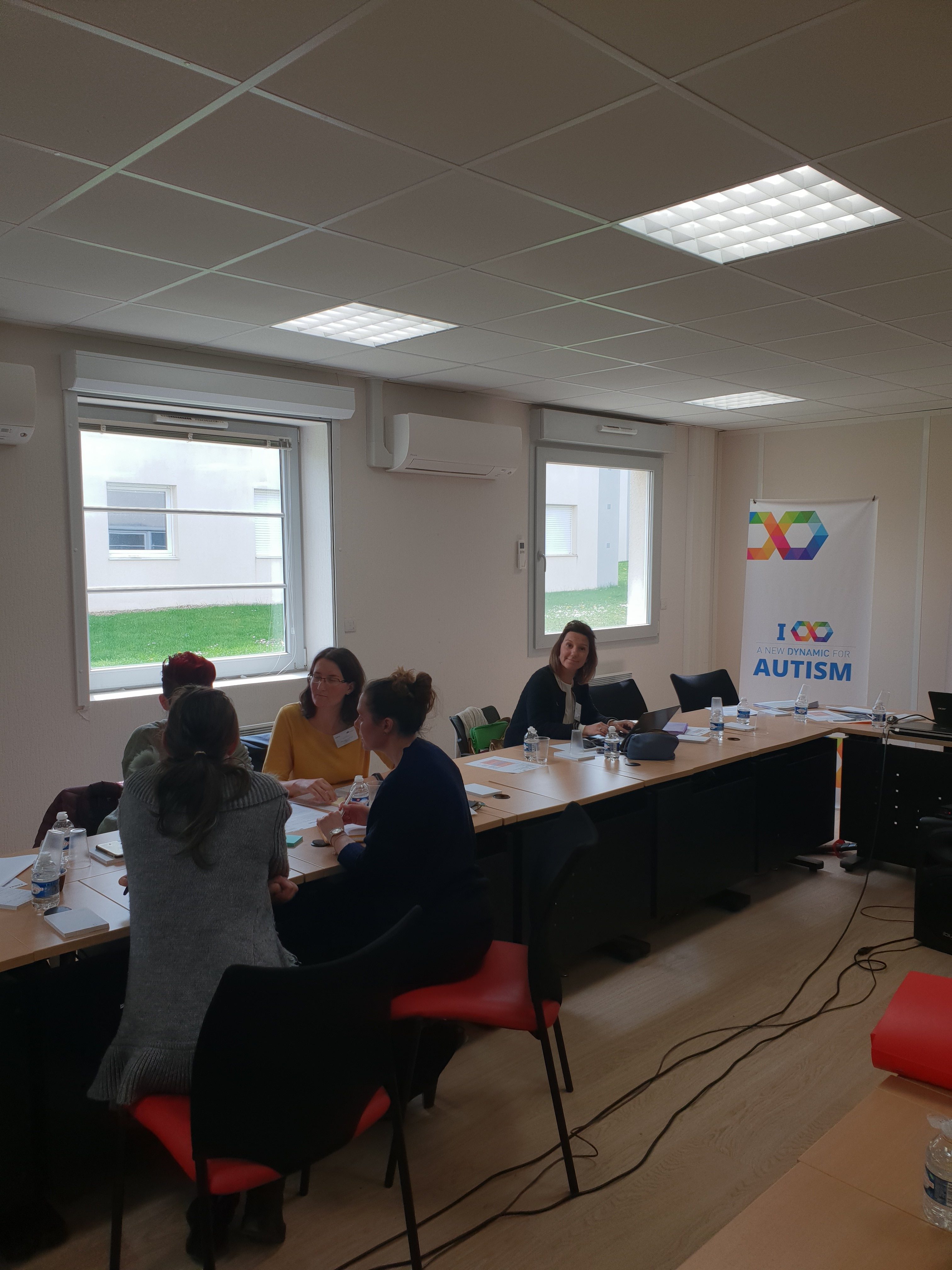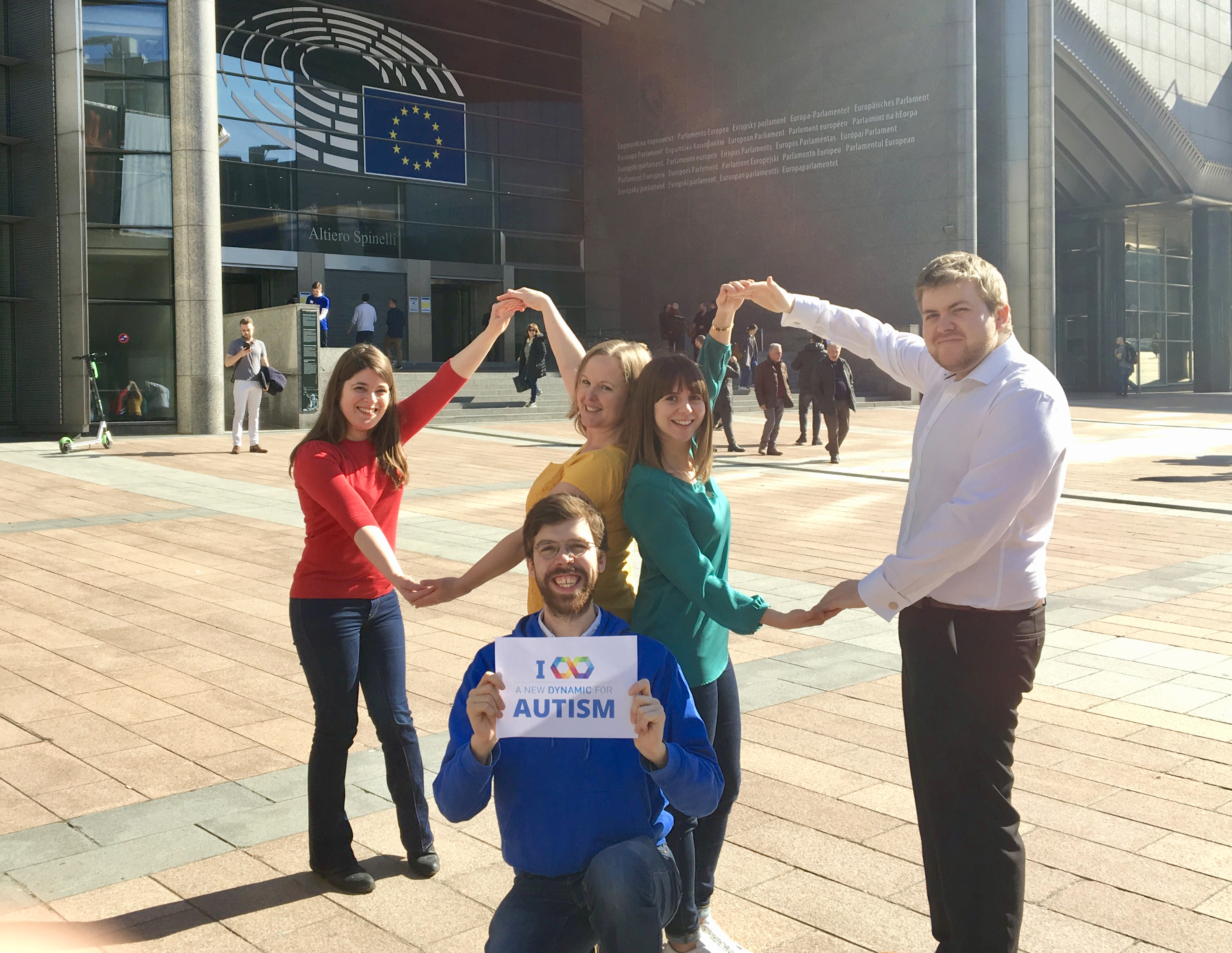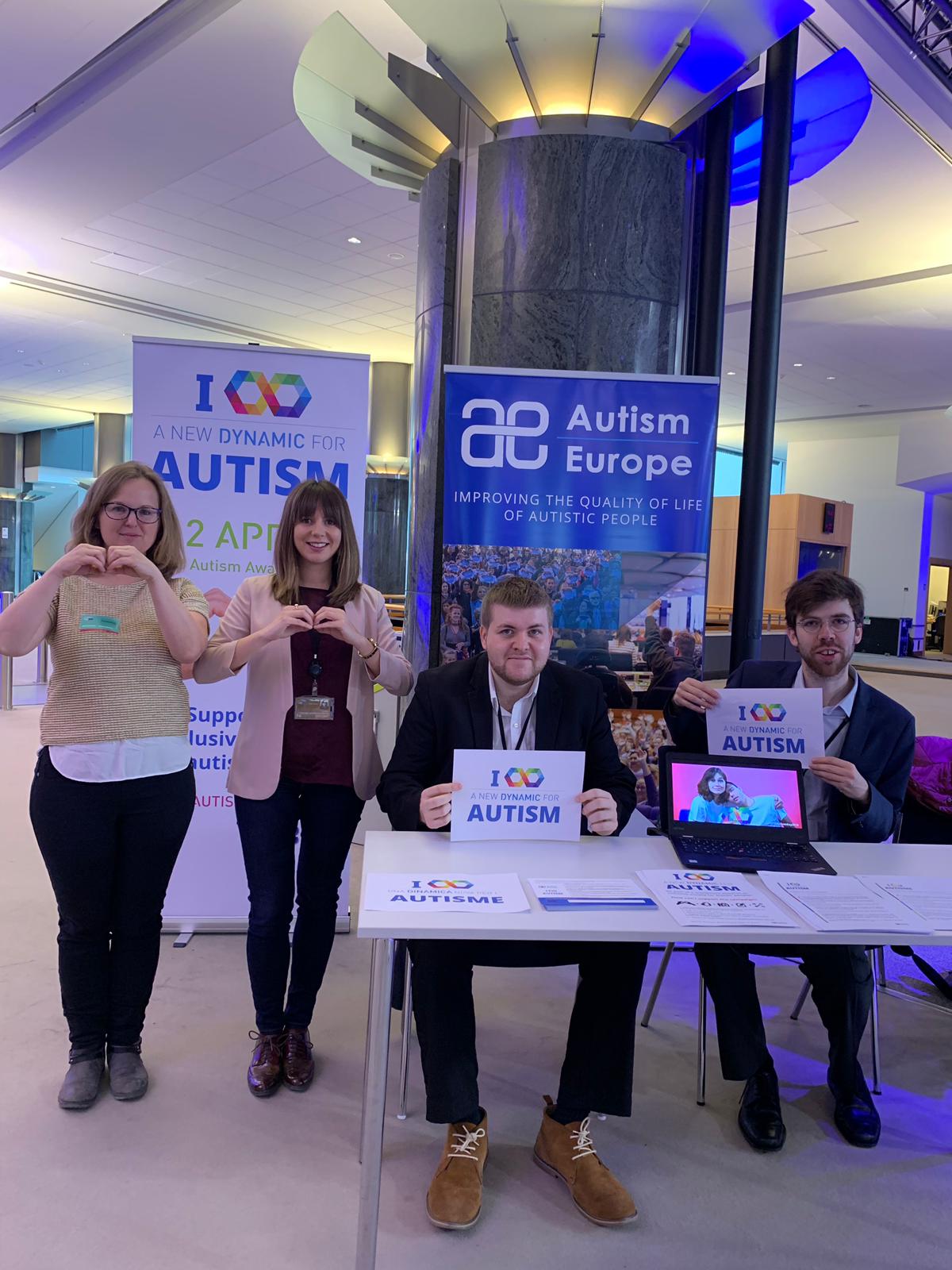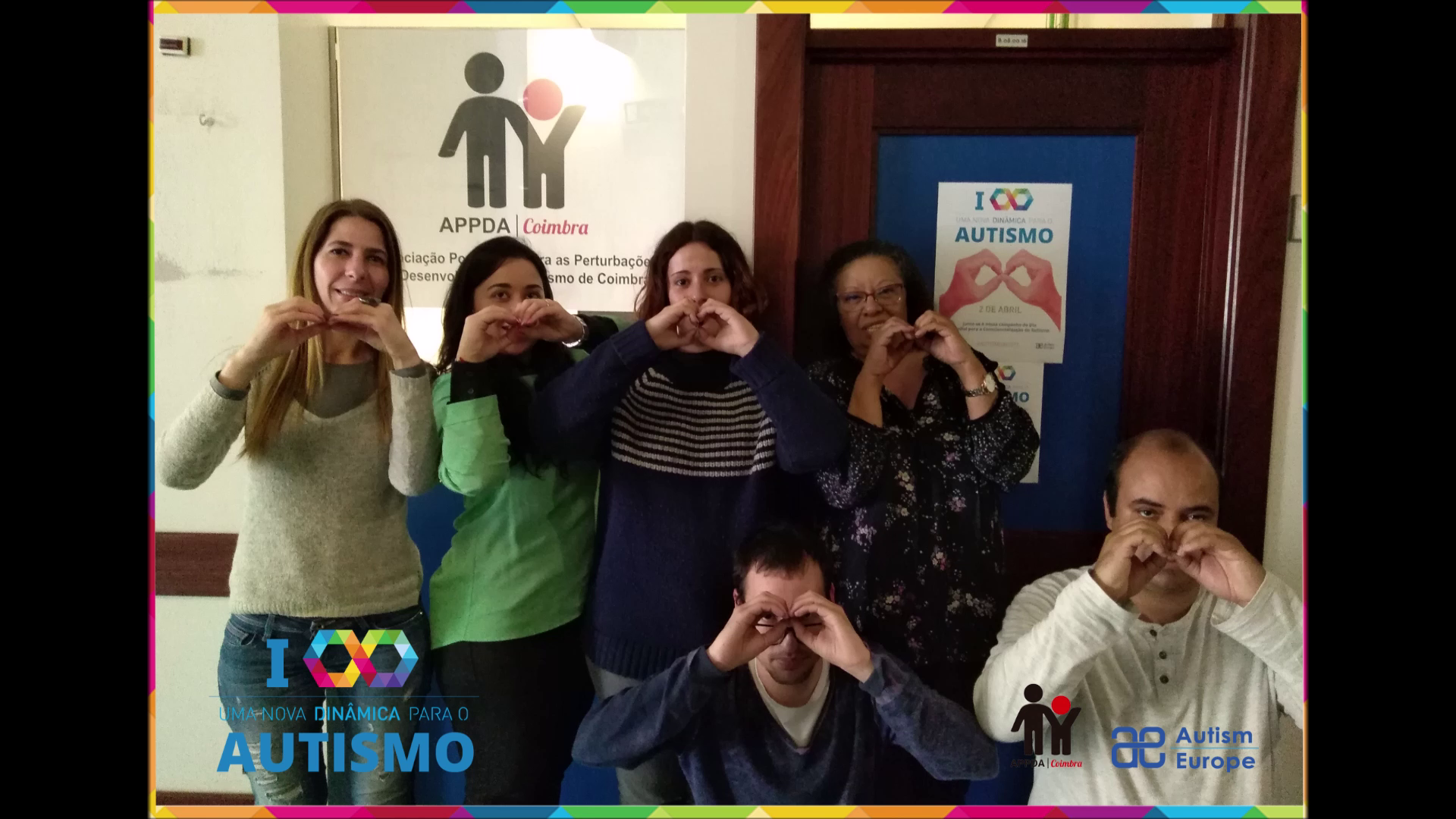
ChildIN Competence Framework evaluated in Coimbra
Category : Uncategorized
On April 29 2019, a group of 15 Portuguese parents, professionals and Vocational and Educational Training (VET) providers met in Coimbra to evaluate the ChildIN Competence Framework, aiming at defining the knowledge, skills, responsibility and autonomy needed for home-based childminders dealing with children on the autism spectrum. Parallel to this, two other focus groups have also been set in Poland and in France with the same objective.
At the end this activity, which takes the format of a focus group, the following points were highlighted:
A) the criticism of using the term „discovery interview”;
B) the importance of the management of parental expectations by the childminders;
C) the childminders’ scientific and technical knowledge about the autistic child;
D) the importance of autonomy in the childminders’ actions;
E) and the importance of the childminders’ emotional control.
The focus group was driven by Rui Pena, Paulo André and Marco Santos from Academia Comenius, and Elsa Vieira from APPDA Coimbra.
The Competence Framework will define knowledge, skills, responsibility and autonomy needed for home-based childminders dealing with children with autism spectrum disorder: it will also include the learning design (modules design completed with learning outcomes and assessment methods) to achieve defined competences.





